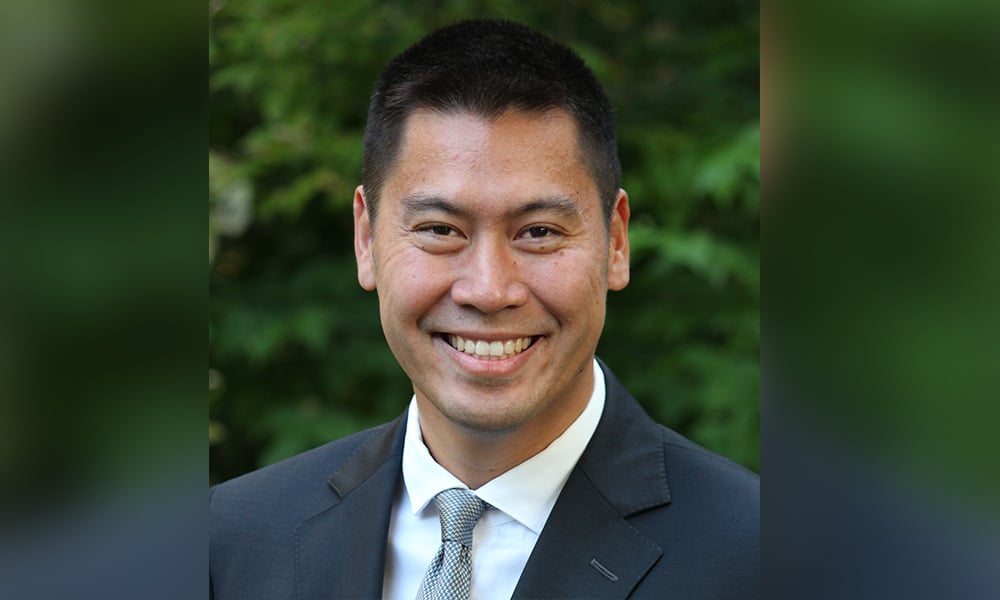
It's all about centralizing your calendar and keeping good habits

Working toward his PhD taught Ian Hu a lot about the big, ethical questions lawyers face. It did not, however, include a course on law firm practice management.
“You had so much freedom as a student,” he says. “My philosophy studies have been very helpful in that they give me perspective about keeping the small problems small and recognizing big problems.”
Luckily, Hu found a role model in Roger Oatley during his time at Oatley Vigmond. Oatley had a paperless system with a centralized chart: the team’s tasks and due dates throughout the litigation, says Hu.
“I was a young associate working as a junior. And when I suddenly got the responsibility to carry some of the files, then I needed to figure out what to do,” he says. “I'm sure many lawyers go through that transition, where you were a junior and you were told what to do. And all you had to do is keep track of a to-do list and finish what people are telling you to do.”
Since then, Hu has had a crash course in all things practice management through his work at LawPRO. Not to mention his chops as the first racially diverse chair of the Sole, Small Firm & General Practice section of the Ontario Bar Association, an executive member of the Personal Injury & Insurance Practice Group at the Advocates’ Society and roles at the American Bar Assocation’s technology show board and webzine, Law Practice Today. Hu also founded the Facebook group, Canadian Lawyers Personal Finance. He will be speaking at Canadian Lawyer’s Young Lawyers Summit in Toronto on June 11.
Now a lawyer at Carroll Heyd Chown, Hu still uses the “practice hygiene” skills he picked up in his first years of practice: putting everything in a calendar, tackling the most difficult tasks when his mind is most fresh, avoiding decision fatigue with things like a capsule wardrobe and minimal commute. He also notes that he came to the practice of law with a few years of work in the telecom industry already under his belt.
“It has nothing to do with your personality. I think from what I saw, it's about having a good process and sticking to that process. It's about having good work habits. And sticking to those habits. It's nothing to do with whether you're a procrastinator. It's trained. It's a skill. And it's about having a system that works,” he says.
Despite the pressure of being an early career lawyer, though, Hu leaves some room for spontaneity: After all, he says, “My kids are my alarm clock.”
“Every lawyer probably had some nightmare about missing a limitation period or timeline or deadline,” he says. “Sometimes you wake up and it's like, oh, I actually did that correctly. And the reason would be because you had the right work habit. So I don't think that that goes away, even with the best of systems.”